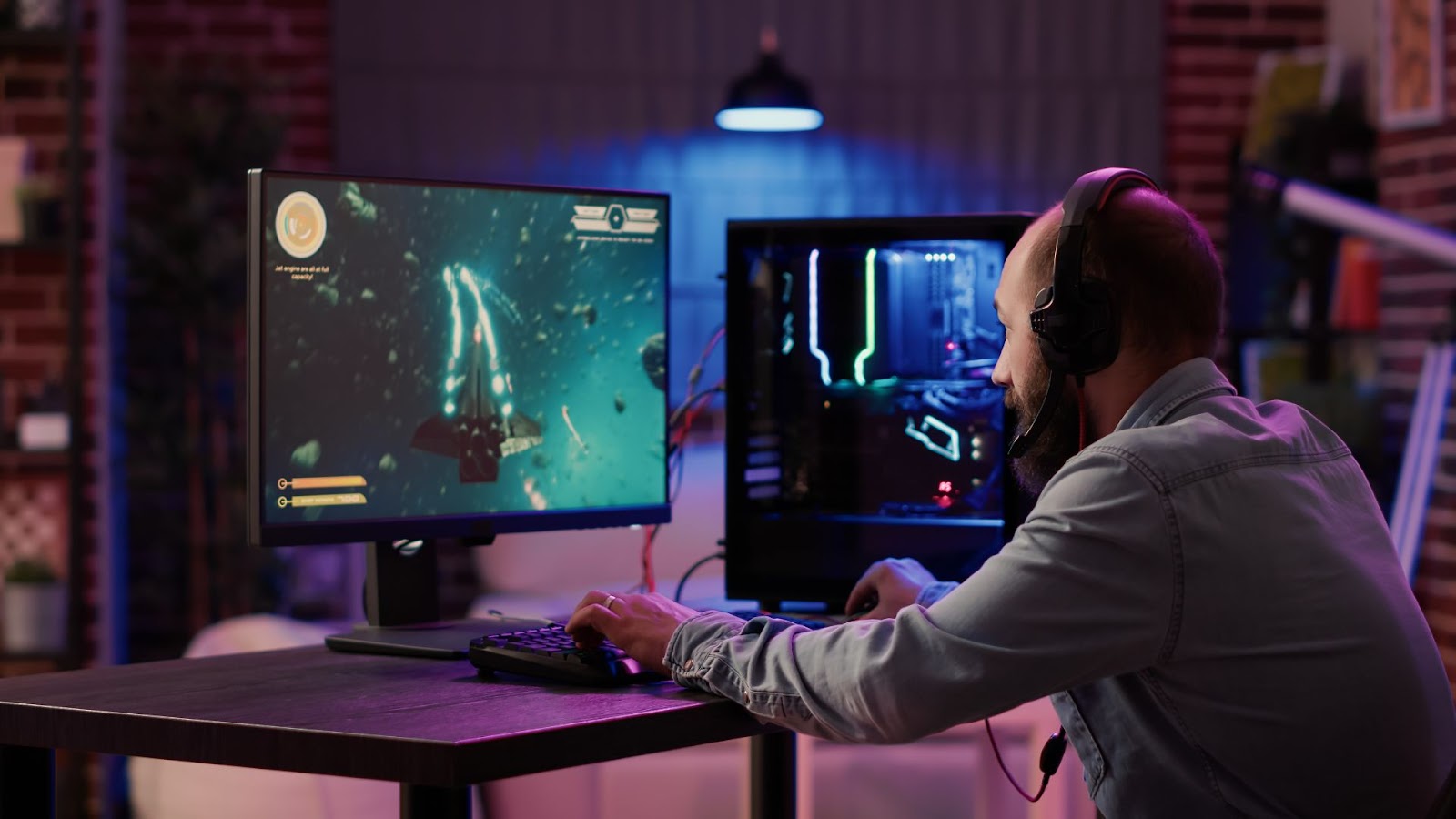Do you want to improve your gaming experience while staying safe online? Online gaming is gaining popularity these days and it becomes crucial to protect yourself from potential risks. According to the Entertainment Software Association, 66 percent of Americans play video games regularly. That’s more than 215 million people of all ages and backgrounds.
It doesn’t matter which type of video games you are most drawn to, these seven rules will help safeguard your gaming experience.
Rule 1: Create Strong Passwords
Yes, this may seem obvious but actually, it is not. Avoid using easy passwords like your birthday or your phone number. Instead, use a mix of letters, numbers, and special characters to make them tough to crack.
If you have trouble remembering your passwords, you can draw on using a password manager to keep track of them. Also, avoid repeating passwords, try to change at least a small character on every single one of them. This way you’ll prevent a massive security leak.
Rule 2: Keep Software and Systems Up to Date
If you play online, you have to take extra care of your gaming software and antivirus programs. Always use the latest version of your systems and stay away from pirated software.
Updates often include security upgrades and features that help protect against new risks.
Set your games and devices to automatically update to ensure you’re always running the latest version with better-enhanced security even if it might be more expensive.
Rule 3: Be Cautious and Don’t Fall for Scams
Gamers downloaded malware in phishing attacks more than 7,000 times during the first half of 2020. Be cautious of any suspicious activity like emails, messages, or links claiming to offer gifts or game rewards for free.
Make sure all links direct you to exactly what you are expecting to find. For example, if you are clicking a link that should redirect you to a blog about gaming trends, but instead you’re taken to a clickbait-style website, quickly close the page.
When in doubt, always verify the legitimacy of the messages before clicking or providing personal information.
Rule 4: Use a Secure Internet Connection
Using public Wi-Fi connections is not recommended at all, even using a friend’s internet connection could be dangerous. You lose control over security when connecting to unknown networks making your devices vulnerable to criminals.
You should secure your internet connection at home too. A good example of this is using a VPN to encrypt your internet connection.
VPNs not only can protect your privacy but also avoid geo-restrictions for a better gaming experience. Here’s how to install VPN on router to safeguard your private data.
Rule 5: Employ Security Tools to Protect Yourself
Even trusted video game studios have been victims of huge hacks like the PlayStation hit Spider-Man during 2023. Hackers demanded $2m from the developers in exchange for the private stolen data.
Don’t share personal details, such as your full name, address, or financial information, in public gaming forums or chats. It is a good decision to enable Two-Factor Authentication for your accounts: Many gaming platforms offer 2FA as an additional layer of security.
You’ll receive a code on your phone whenever you log in from a new device, making it harder for hackers to access your accounts.
Rule 6: Close old accounts
It’s not rare to accumulate old accounts that are no longer being used. These old accounts can be a weakness in terms of safety. They are more likely to be hacked and some of those old websites and games we used to like, have poor data protection policies for today’s standards.
Hackers could also take pieces of information you have left there, including payment methods if you ever added one. It is recommended to close your old accounts and request your data to be removed from every third-party server.
Rule 7: Secure all types of devices
Up to 60% of people prefer to use mobile devices for shopping and finding information rather than a desktop. Even though you play video games on your computer. You must secure all your devices including phones, tablets, smartwatches, etc.
Follow the same security pieces of advice for all your tech devices. These measures will reduce the likelihood of a cyberattack or your data being stolen by hackers.
Conclusion
As the game industry and its profit expand and become more popular, so do the threads of online gaming related to cyber-attacks.
It’s not just about passwords and anti-viruses anymore; hackers adapt quickly to the security measures and users need to stay informed of the latest updates. Safe gaming requires a proactive mindset and flexibility to adapt to changes.
These seven rules can be used as a guide to ensure both fun and safety in the digital gaming environment.
